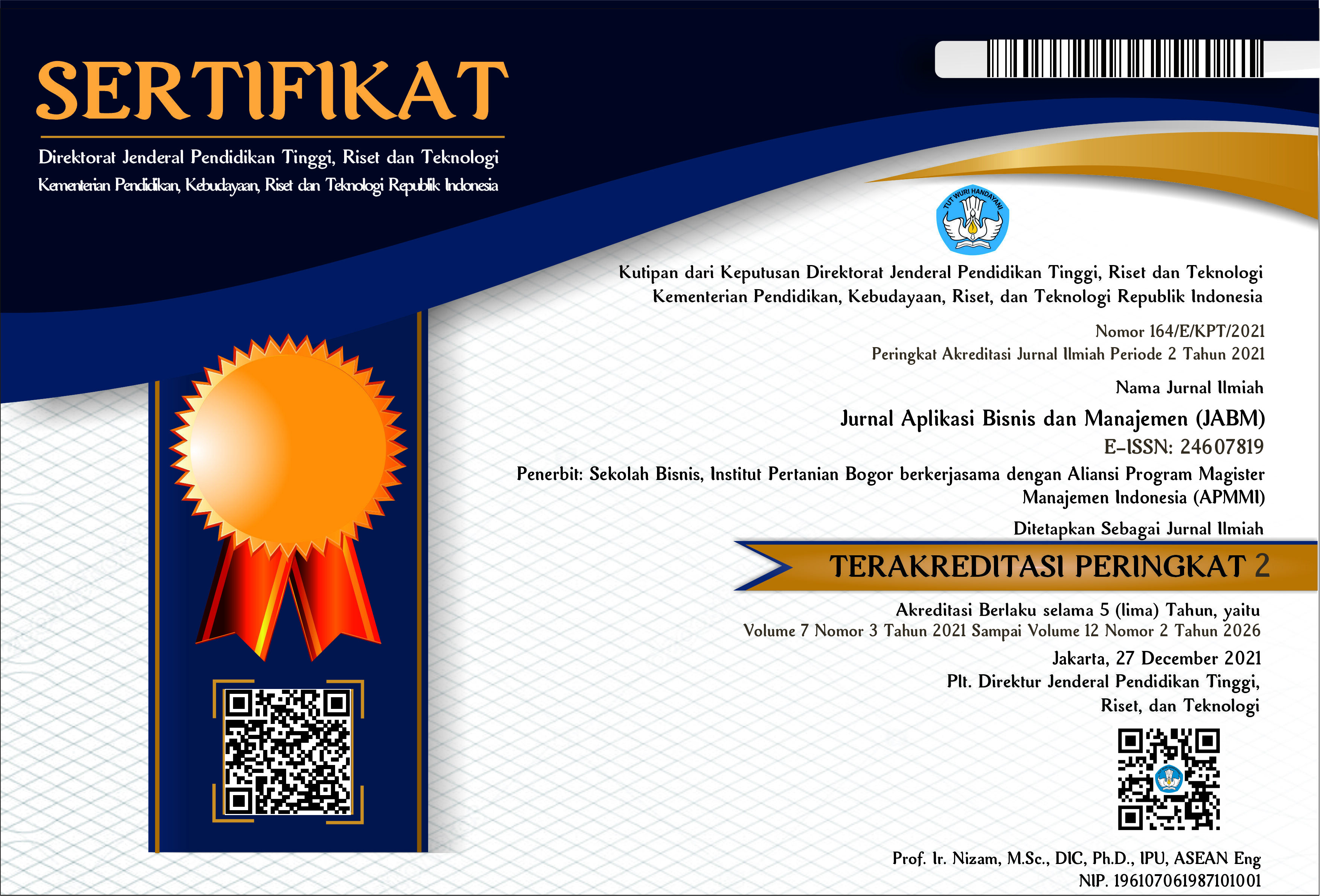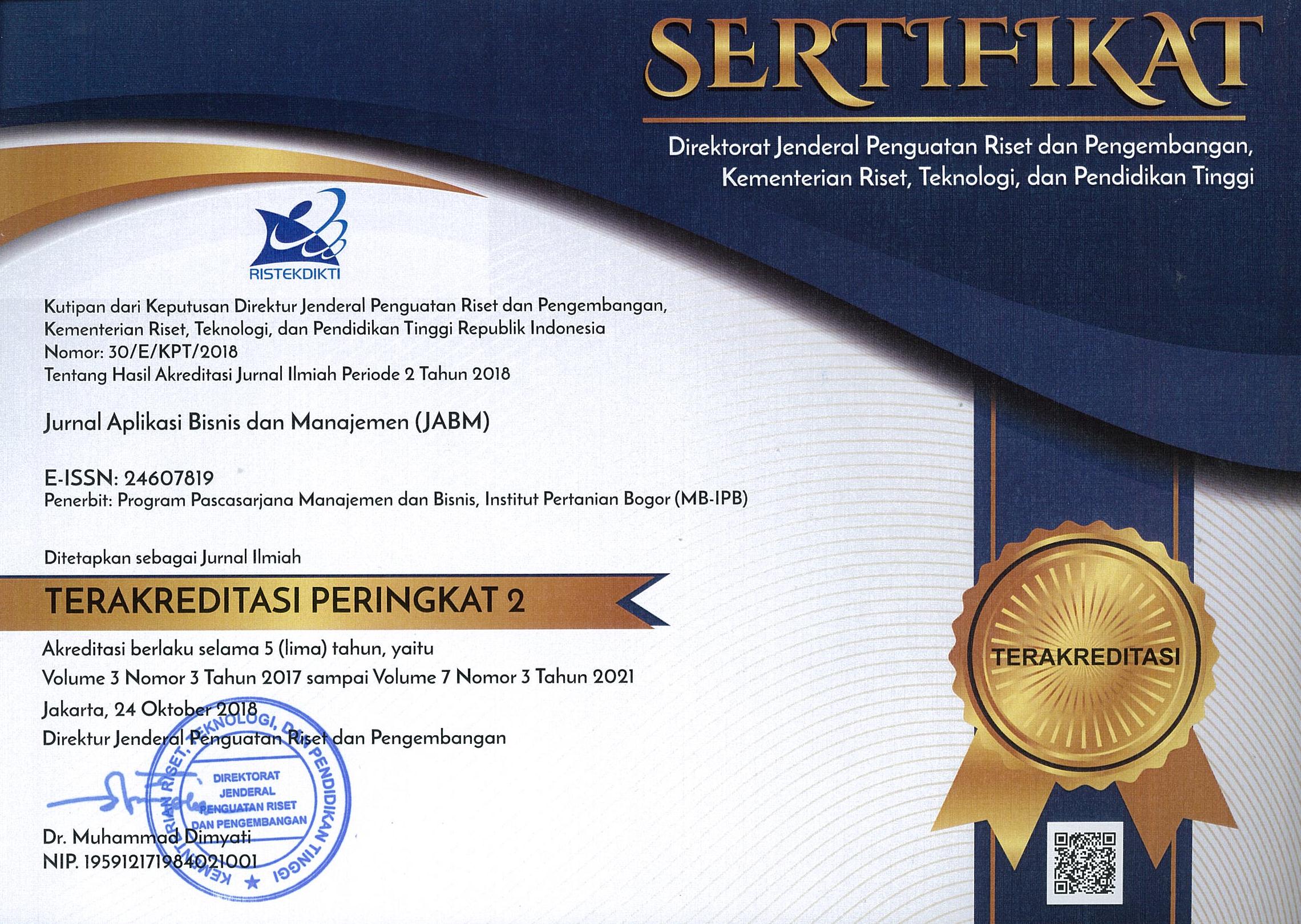RENEWABLE ENERGY DEVELOPMENT OF SUSTAINABLE BAMBOO FOREST BASED ON COMMUNITY EMPOWERMENT
Abstract
This research aimed to study bamboo biomass renewable energy development cultivated in community forests in Indonesia, especially in those frontiers, outermost, and least developed regions often referred to as 3T regions. Community empowerment refers to the process of enabling communities to increase control over their lives. The study was conducted in three villages of Matotonan, Madobag, and Saliguma in Siberut Island, Mentawai Islands District, West Sumatra Province. This study's design was descriptive by conducting a field survey, using a systematic random sampling method with the interview and questionnaire technique to obtain primary data on electricity demand and demographic factors. The key success indicators were then generated using the Strategic Assumption Surfacing and Testing (SAST) method to analyze the FGD. The biomass energy development without community empowerment and the presence of PLN at subsidized rates would not succeed. The renewable energy of bamboo forest biomass characterizes the need for community participation to be involved in operations. Without community empowerment, the community would not have the ability to pay electricity bills even if subsidized. No income distribution would also result in not achieving the main objectives of this project's development, which is sustainable development for rural communities in the 3T regions.
Keywords: renewable energy, bamboo biomass, community empowerment, community forestry, sustainable development








